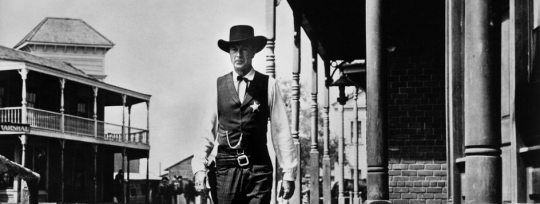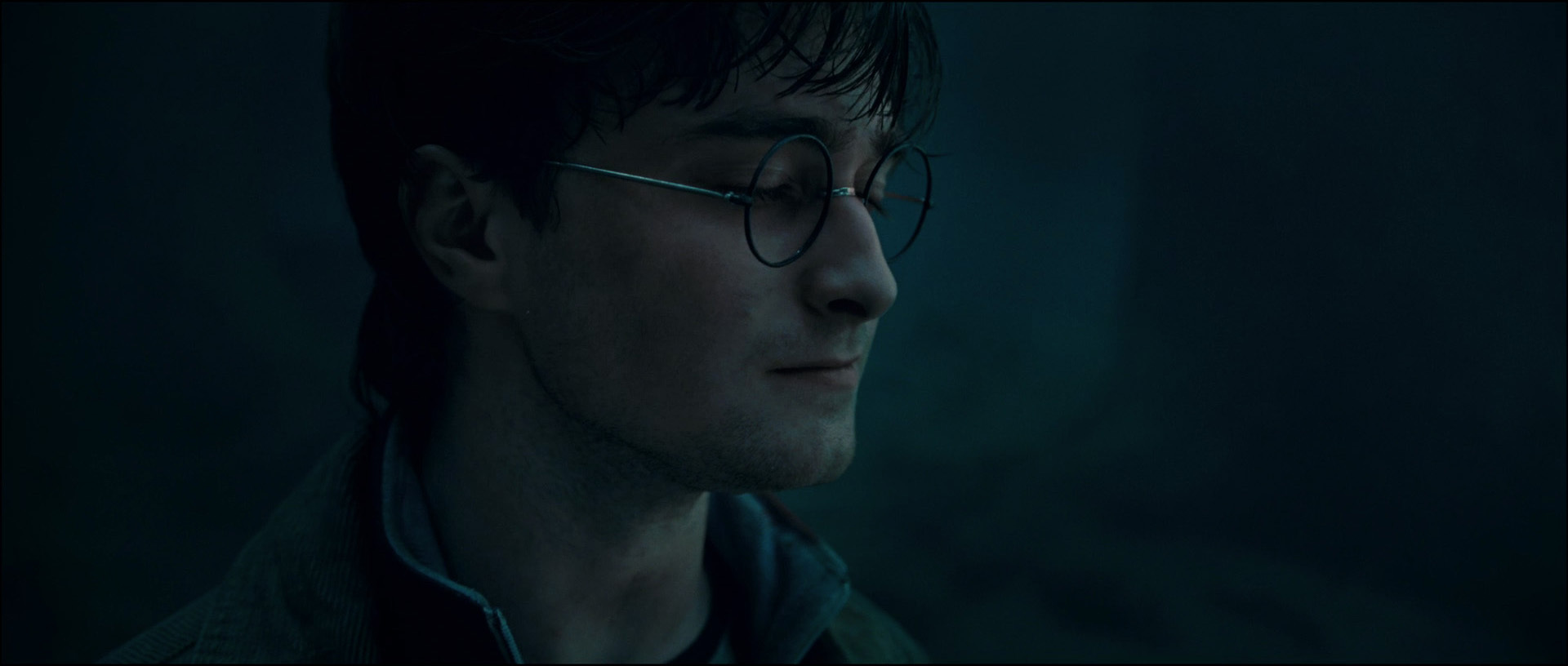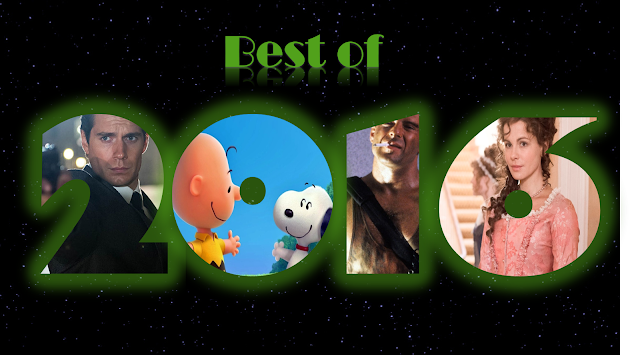
This movie is a peculiar thing. It's the first time the
Star Wars film franchise has stepped away from the main saga, but it's still very much concerned with the same set of events that occupied the Skywalker twins.
Nevertheless,
Rogue One is very much a product of its time. While the original series drew on a mythic conception of war,
Rogue One has a much more modern take on conflict and the toll it takes. If
A New Hope was about World War II,
Rogue One is about the War on Terror. Instead of clearly-drawn moral lines and an archetypal battle of good against evil, we get a gritty war of attrition, avoiding hopelessness by the slimmest of margins.
Our protagonist is Jyn Erso, a petty criminal, recruited by the Rebel Alliance to track down her father. Galen Erso is an imperial scientist working on the Death Star, forcibly separated from his daughter many years before. (What's the Rebel Alliance? What's the Death Star? The Empire? Who's fighting whom? You have to know your Star Wars to make sense of all this, as this movie is even more meta than
The Force Awakens.)
Galen has hidden a fatal weakness at the heart of the Empire's weapon. It's up to Jyn to find her father, obtain the plans for the weapon, and identify the weakness, thereby making possible the plot of
A New Hope.
Jyn is joined by Captain Caspian - sorry, Cassian Andor and his partner, K-2SO, who functions as a cross between Chewbacca and C-3PO. A rogue imperial pilot and two vigilantes, (Bodhi Rook, Chirrut Îmwe, and Baze Malbus respectively) are the other members of the Rogue One team.
Got all that straight? Well, me neither. I had to google most of the character names after watching
Rogue One, and that pretty much summarizes the film's greatest weakness: its characters.
Rogue One is full of non-entities, vague character sketches adhering to only the barest of archetypes. The feisty orphan heroine. The morally ambiguous captain. The hyper-efficient warrior priest. They feel like the cast of a typical heist flick, but while, in that genre, we usually learn the motivation of each character, here we get little to nothing.
Even Jyn's motivations remain mysterious. Her main reason for joining the team is to find her father, but why she then risks her life to defend his principles is never explained. We always assume she's going to help the Rebellion, and there is no real question as to what decisions she will make. This lack of conflict means the first half of the movie feels predictable and rote.
As for Cassian, he's just here to demonstrate War is Complicated. When we first meet Cassian he's rendezvousing with an informant in a seedy part of town. He ends up murdering the grass and fleeing the scene. When, later, he joins Jyn's quest to find her father, he's
really planning to assassinate Galen Erso for the Rebellion. Why does he decide
not to do this? No idea. He's an utter blank of a character: more immoral than Han Solo and with none of the spark or charm.
That could describe most of the other characters (and the film itself). While Luke Skywalker lived a carefree life on the Outer Rim, these people exist directly under the Empire's sway. Their world is brutal and chaotic, torn by violence that calls to mind Middle Eastern guerrilla warfare. Cloaked and masked rebels fight storm troopers in tight, sandy streets. The line between the Rebellion and the Empire - so clear in the original trilogy - is here blurred and ambiguous. The Force mostly presents a way to efficiently slaughter enemies. The magic and spirituality of the original trilogy is missing, replaced by a calculating, strategic approach to the war. This is a film about soldiers;
A New Hope was a film about priests.
(Spoilers below)
By the end of the movie, that fact is clear. And it's by becoming a war film instead of a heist film or a fantasy that
Rogue One finds its purpose at last. The final third is a satisfying, intense battle sequence that ends with a pulse-pounding, suspenseful relay race through a violent corridor.
The last scene drives home just how much the Rebellion has placed its trust in a desperate gamble - a fool's hope. As Jyn notes, "rebellions are built on hope," and that concept was always
Rogue One's strongest theme. Galen Erso, working away in the heart of the Empire, quietly placing a flaw in the Death Star's design. Jyn Erso, sneaking into an Imperial facility to steal the plans - helped every step of the way by the sacrifices of her companions. Ultimately: the faceless rebels who desperately shove the plans into the hands of Princess Leia. G.K. Chesterton once wrote "Every man is important if he loses his life" - and that goes for dull, one-dimensional characters as well.
The fulfillment of the film's strongest theme, along with a gutsy ending, saves
Rogue One from mediocrity, but between its weak characters and reliance on intertextuality, it relies too heavily on tired blockbuster conventions.
The Force Awakens' characters were underdeveloped, but they're Shakespearean compared to these cardboard cutouts.
Rogue One's hat-tips to the original trilogy were more like blaring signs -
Look! Blue Milk! - and the CGI necromancy was entertaining but a little creepy. It's a movie that clumsily attempts to fill in the blanks in the plot, but only seldom does so in a way that illuminates and enhances the rest of the series.
Jon Pertwee's Doctor observed that "a straight line may be the shortest distance between two points, but it is by no means the most interesting." The challenge for
Rogue One, then, was to tell a story with a known end and a known beginning, and endeavor to avoid making the journey a straight line. It tries its best, but while it's an interesting change in genre for the franchise,
Rogue One is still too predictable a journey from A to B.
Hannah Long





















